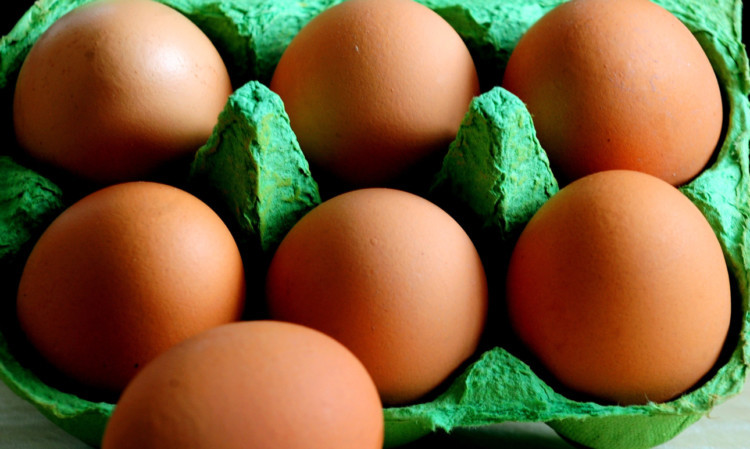Egg producers across the UK are having to come to terms with the news that they have been left high and dry over the issue of the ban on battery cages.
The ban came into force on January 1 2012, by which time UK producers had made sure they were 100% compliant. At considerable expense they had taken out their old-style battery cages and replaced them with high-welfare colony cages.
It soon became apparent, however, that many EU countries had not followed suit. It was a blow because, at a stroke, it made British eggs uncompetitive.
Now there has been what NFU Scotland has called it a “further slap in the face”, with the European Court of Justice imposing a “paltry” fine on Italy for non-compliance.
Following lengthy court proceedings, it found Italy guilty of failing to implement the Welfare of Laying Hens Directive 1999.
Despite a 13-year lead-in period to the ban coming into force, the Italian authorities claimed they did not have long enough to make sure all farms were compliant in time.
The upshot is that Italy will only have to pay the legal costs of the case, and the European Commission did not ask for any further financial penalties to be levied.
NFUS believes this level of fine will do nothing to drive compliance with existing or future welfare rules across the EU.
A case against Greece regarding non-compliance with the laying cage ban has still to be resolved but it now appears that, if found guilty, the country would also only face paying legal costs.
To make matters worse the EU reportedly has no plans to inspect compliance with the ban in the member states known to have failed to meet the January 1 2012 deadline.
This news will be greeted with incredulity by Scottish farmers in general, living as they do under constant fear of draconian fines or disallowances for even the most minor non-compliances.
NFUS animal welfare policy manager Penny Johnston said: “ This court decision makes a mockery of the penalty system given that this was a clear and deliberate flouting of the rules.
“There is another case against Greece still outstanding. Again it would appear that the commission has also only asked that costs of the court case be paid by Greece if found guilty.
“These lamentable efforts in delivering and enforcing animal welfare legislation send out a message to member states that failure to comply with current or future rules will only result in a ‘slap on the wrist’.
“That means Europe is ill-serving its consumers, and undermining the excellent standards being met on those Scottish and UK farms producing eggs.
“To regain trust, a programme of inspections is needed in all those countries that ‘struggled’ with compliance.
“Last year, NFUS challenged representatives from the commission’s food and veterinary office and its animal welfare unit on the poor progress on inspections to verify member states are compliant with both the ban on conventional laying cages and the partial ban on sow stalls that came into force at the start of 2013.”
Blairgowrie-based poultry industry supplier and free-range egg producer John Retson commented: “I am astonished at this news.
“It is important that consumers have access to colony-produced eggs as well as free range so that they have choice.
“I know Scottish producers did everything in good faith to comply to the letter of the law, so this seems all wrong.
“I wonder if enough pressure is being exerted on the EU authorities over this.
“I am also seriously worried that the same will happen if beak trimming is banned as proposed in January 2016.
“This would be a disaster for free-range and colony producers alike, and very difficult to cope with.
“It is easy to say that the UK won’t import eggs produced in countries that don’t comply with the regulations. It might work with shell eggs, but with liquid eggs there is no way of knowing where they have come from.”
